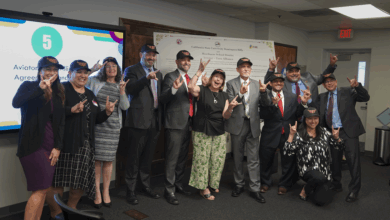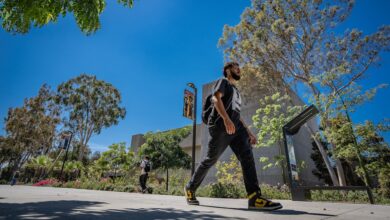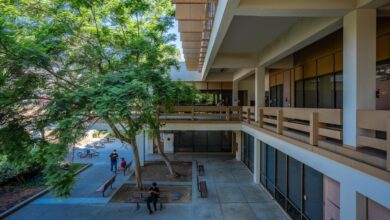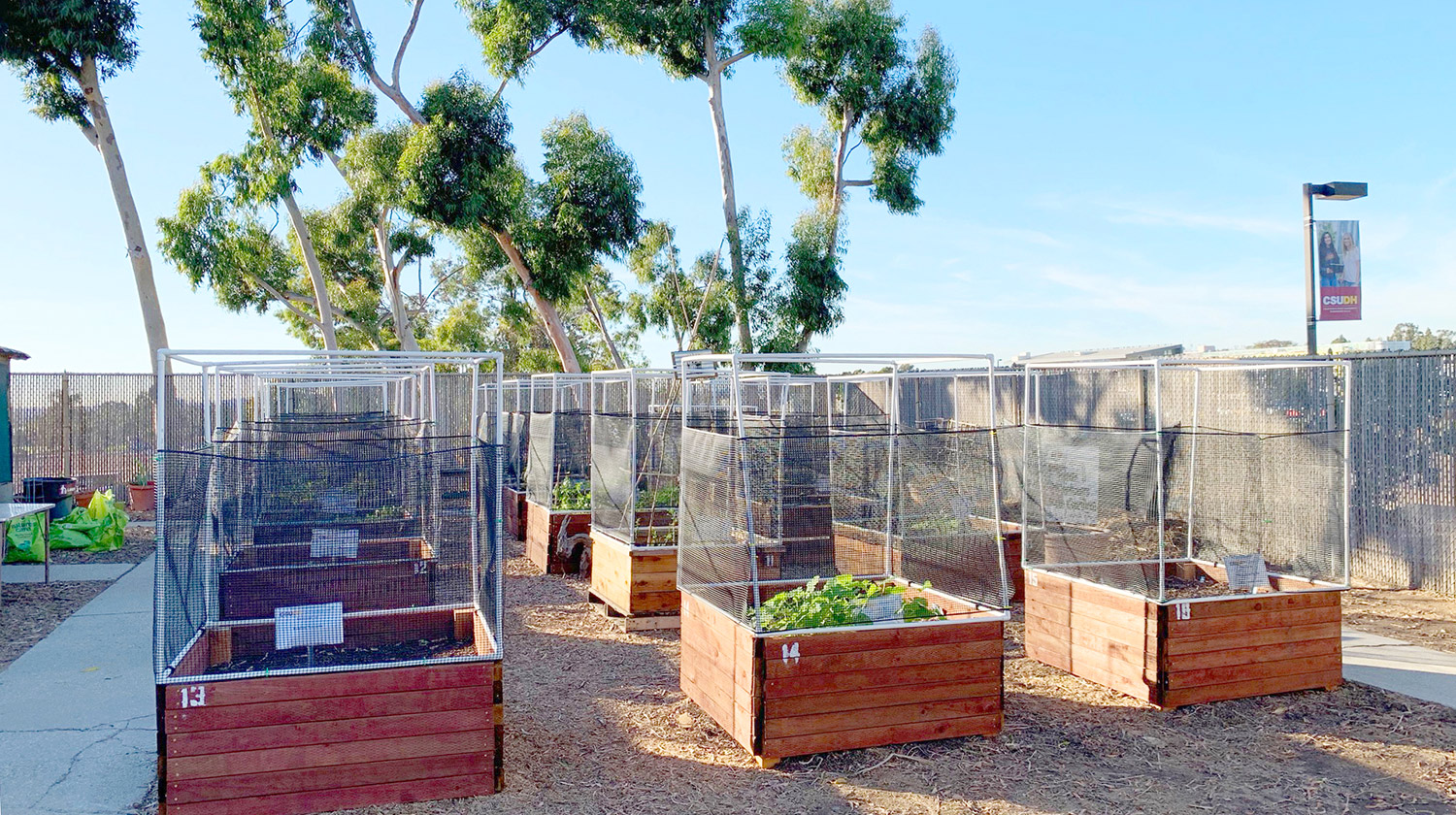
For its “elegant but effective” network of sustainable food sources and natural gas upgrades that have resulted in significant energy and water savings, CSUDH will be honored with two “Best Practices Awards” during the 2020 California Higher Education Sustainability Conference (CHESC), to be held virtually July 6-10 at UC Santa Barbara.

Presented to campuses of the California State University and University of California, the Higher Education Energy Efficiency and Sustainability Best Practices Awards showcase model projects within the systems in the areas of green building design, climate control and lighting, water efficiency, energy use, waste reduction, transportation, and food service sustainability.
Food for Thought
During the CHESC, CSUDH’s Office of Sustainability will be recognized in the “Sustainable Food Service” category for the university’s food distribution systems and related projects it has been developing with its campus partners since 2018. The office’s nomination entry was titled “Sustainable Food System: Because Everybody Eats.”
“Our food initiatives are designed to help the environment, but also revolve tightly around prioritizing the basic needs of our students, which is, surprisingly, a very unique focus for our office,” said Ellie Perry, sustainability manager for CSUDH’s Office of Sustainability. “Receiving this award is recognition that CSUDH is fundamentally changing the way our higher education peers think about the connection between sustainability and student success.”
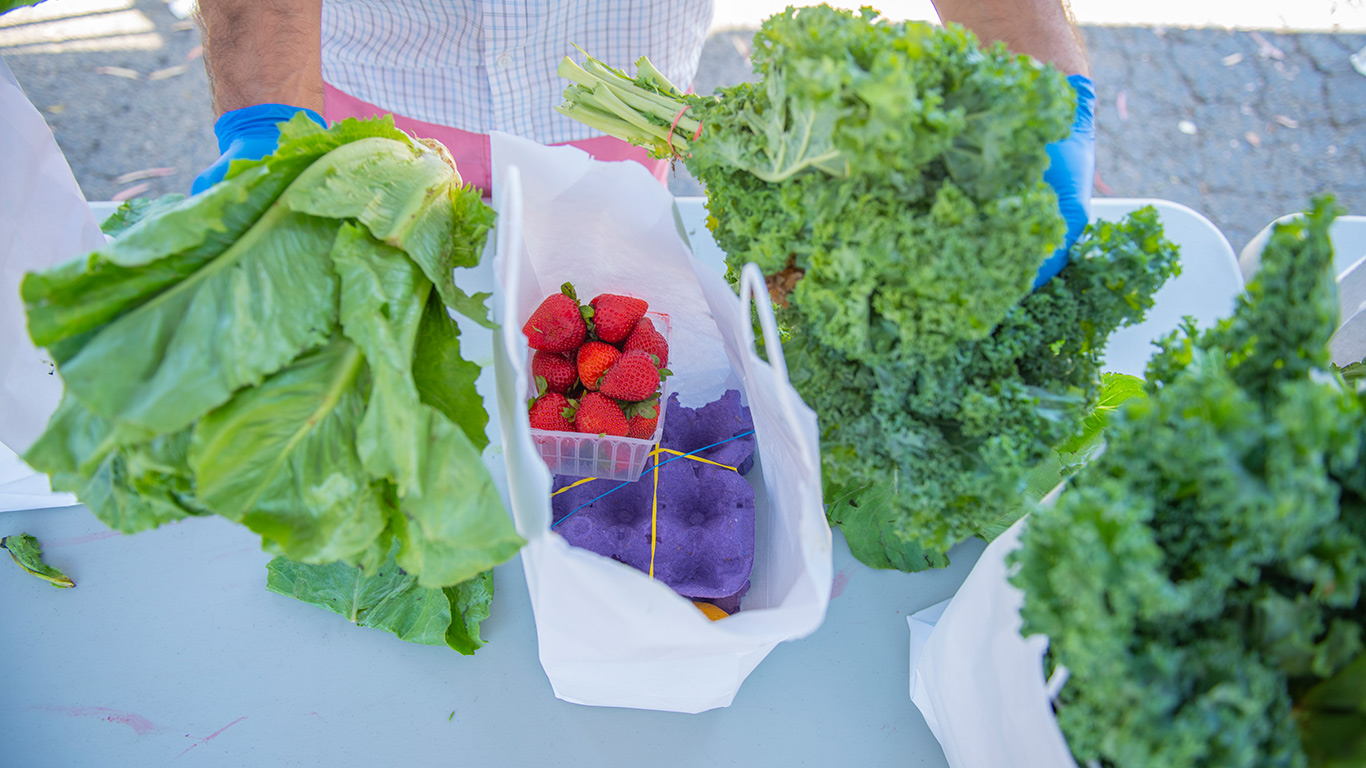
The active components of CSUDH’s food distribution system currently include the Campus Urban Farm, Farmers Market, and the Food Recovery Network. Perry calls the campus’ new Toro Pantry Box program – where people can buy a box of local farmers market produce for Toro Food Pantry distribution – a “socially distanced extension” of the Food Recovery Network and the Farmers Market that will temporarily feed students living on and off campus during the COVID-19 pandemic.
“Our student interns provide key staffing for the Campus Urban Farm and the Food Recovery Network,” said Perry, who won the university’s “Innovation Award” in 2018. “This allows our office to act like a bridge that connects the great work many other offices and departments are doing, such as Basic Needs, Campus Dining, and even IT, with the CSUDH Eats App. This results in an incredibly successful system for getting food to our in-need students.”
CSUDH has been invited to deliver two presentations during the 2020 CHESC: “CSUDH and Going Plastic Water Bottle-Free by 2023,” presented by Sustainability Manager Ellie Perry; and “A Net Zero Waste Approach at Cal State Dominguez Hills,” presented by student interns Scarlett Zamora and Allison Pary from the Office of Sustainability.
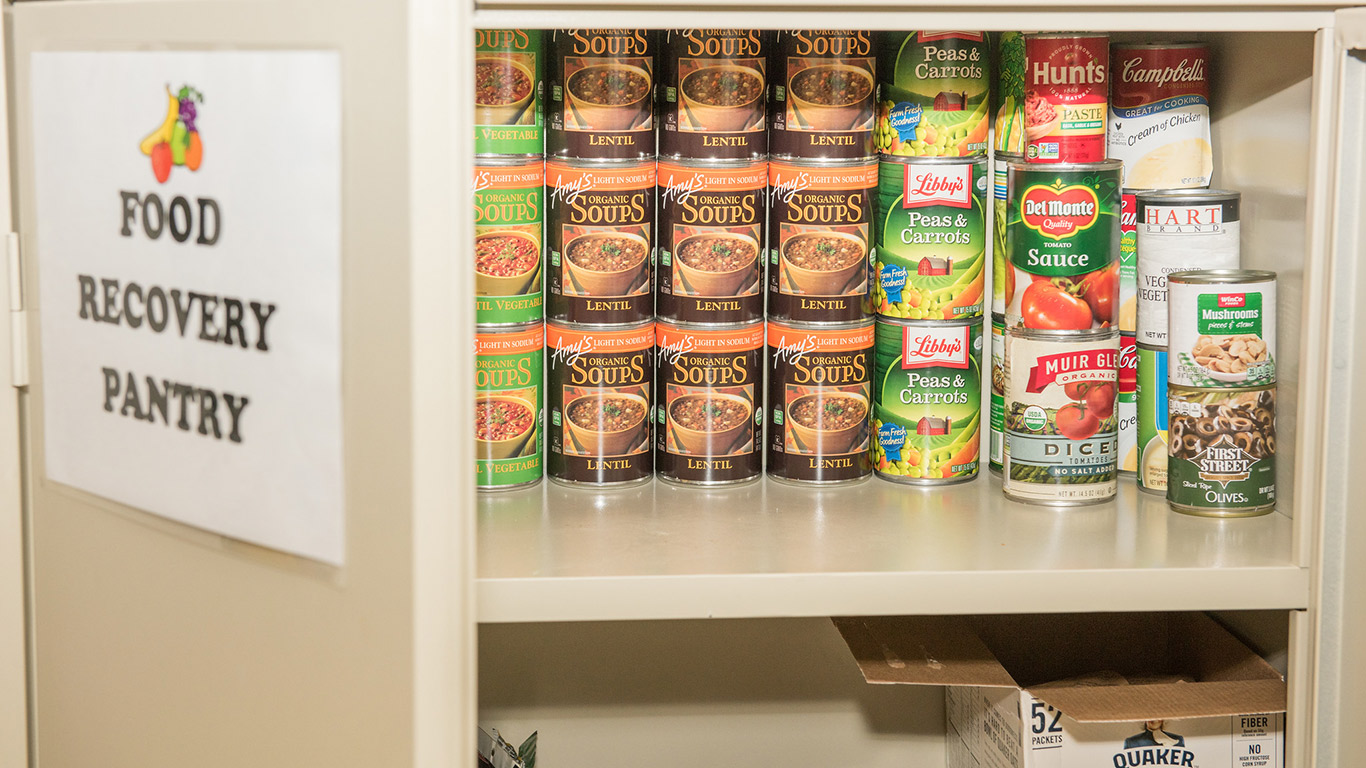
The Office of Sustainability has also been invited to speak at the conference about campus efforts to go plastic water bottle free before 2023. This includes its partnership with Pathwater, a company dedicated to reducing the reliance on disposable plastic bottles, to replace the university’s single-use plastic water bottle stock with CSUDH co-branded reusable water bottles. The program also supports the Division of Administration and Finance’s commitment to expand the installation of hydration stations to all water fountains on campus.
In 2018, the university was named a STARS Bronze Institution by the Association for the Advancement of Sustainability in Higher Education (AASHE) for its overall environmental sustainability efforts. The university’s application to advance to a STARS Silver Institution rating this year is currently in process.
Positive Energy
In the CHESC’s “Energy Demand” category, CSUDH will garner a “Best Practices Award” for its entry “How to Get Electrifying Energy and Water Savings through Electrification.” The award will honor CSUDH Central Plant’s significant savings on utility costs through specific energy infrastructure upgrades.

In 2019, under the direction of CSUDH’s Central Plant/Energy Manager Kenny Seeton, the university upgraded its natural gas absorption chillers with electric chillers, and one large natural gas boiler with eight small condensing staged boilers. The data showed a significant (57 percent) reduction in natural gas usage, and the cooling tower water savings from the reduced thermal load resulted in a drop of 2.8 million gallons in water usage in one year.
CSUDH’s Central Plant has earned several CHESC “Best Practices Awards” in recent years – for its upgrade to a LED outdoor ceiling lighting system in 2015, and two in 2014 for additional lighting projects and energy savings.
“Energy and sustainability are both focused on ways we can build a better Dominguez Hills for our campus community and the planet,” said Seeton, who received the university’s “Management Excellence Award in 2014. “Ellie and I partner closely as a team to support each other’s success, as positive changes in campus infrastructure and user-behavior ultimately helps us all. This both strengthens our projects and ability to communicate positive outcomes with others.”




